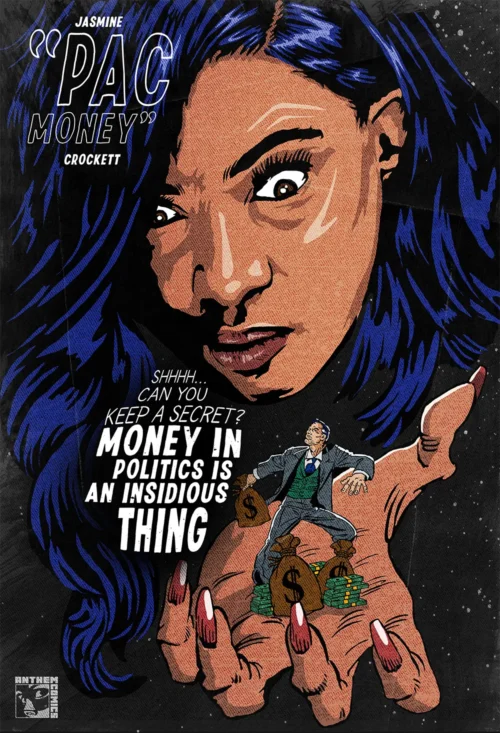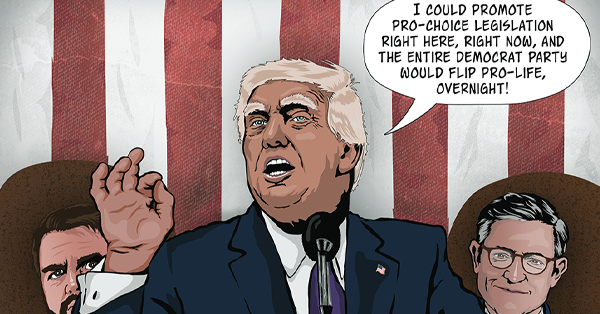Jasmine Crockett Lied About Taking Money From Super PACs


Democratic Congresswoman Jasmine Crockett has faced scrutiny over her acceptance of significant Political Action Committee (PAC) contributions, which contrasts with her earlier claims of rejecting such funding. Here’s a breakdown of the controversy:
PAC Contributions
Crockett reportedly received nearly $400,000 from PACs during her political career, including donations from corporations like AT&T, BlackRock, Goldman Sachs, and defense contractors like Lockheed Martin. This figure includes $370,000 in federal PAC donations since 2022 and $739,187 during the 2023–2024 election cycle alone159.
These contributions come from a range of sectors, including finance, health, labor unions, and ideological groups. Notable contributors include pharmaceutical firms and transportation companies9.
Contradictory Statements
In a 2020 tweet, Crockett claimed she had received “zero dollars” from corporate PACs while criticizing her opponent for accepting such funds. However, campaign finance records show she accepted contributions from PACs even during that time1.
Political Fallout
Critics have labeled her a hypocrite for embracing PAC money after previously denouncing it. This has provided fodder for her opponents, who argue that accepting these funds undermines her credibility as a progressive reformer1.
The issue highlights broader concerns about PACs being perceived as tools for buying influence in politics. A government professor noted that Democrats often avoid such contributions due to negative public perceptions1.
Ethics Complaints
Crockett also faces an FEC complaint alleging campaign finance violations related to ActBlue donations. The complaint accuses her campaign of accepting contributions under false names and failing to disclose donor identities properly28.
Broader Implications
The controversy surrounding Crockett’s PAC funding underscores larger debates about money in politics and the challenges of maintaining transparency and trust in campaign financing. While PACs are legal and regulated, their influence remains a contentious issue in U.S. politics.





